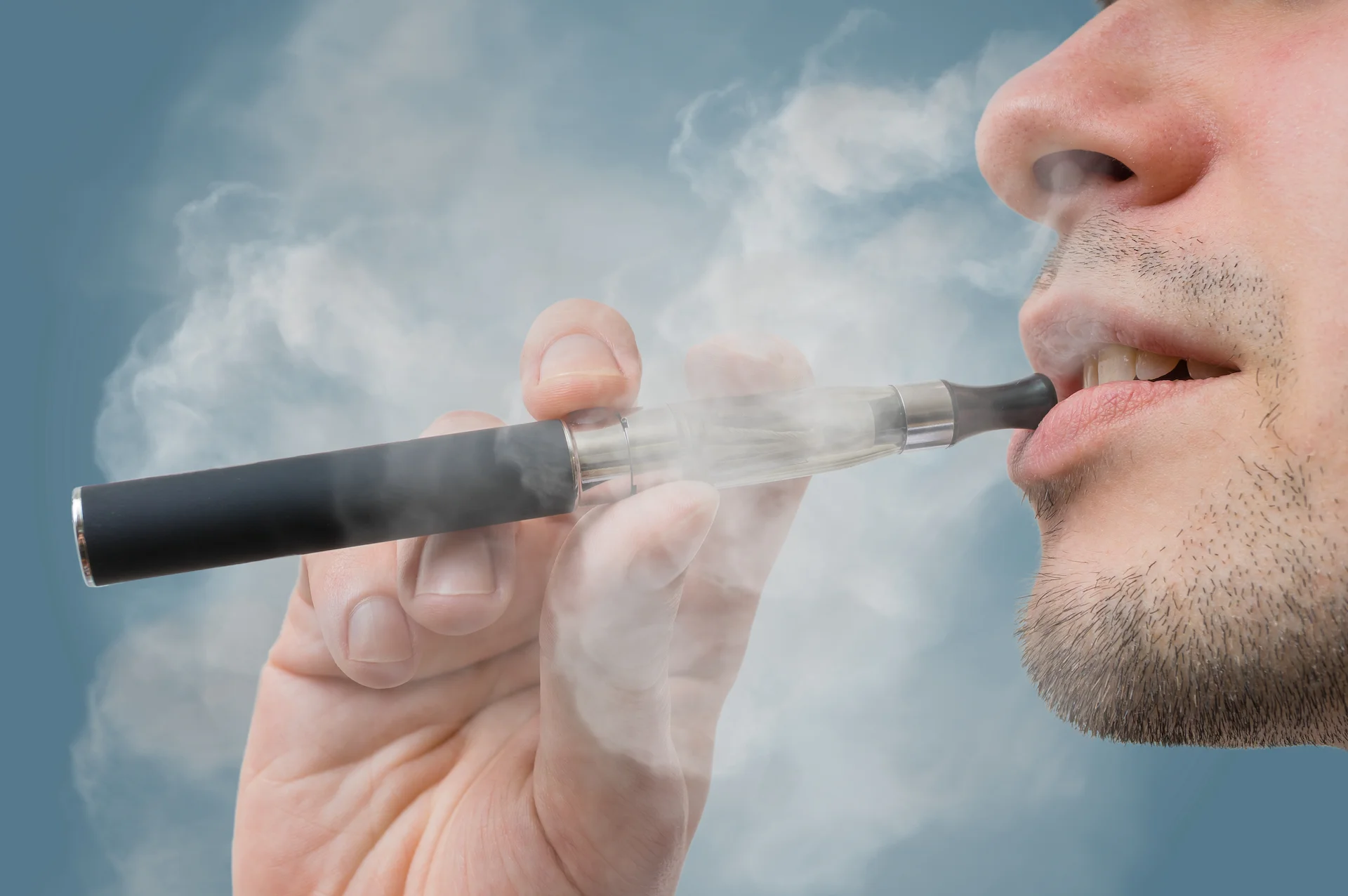Vaping and e-cigarettes may have a detrimental impact on dental health, potentially leading to dental decay, according to researchers from Tufts University School of Dental Medicine. The study found that patients who used vaping devices had a higher likelihood of developing cavities. With 9.1 million American adults and 2 million teenagers using tobacco-based vaping products, the number of teeth at risk is significant.
Karina Irusa, the primary author of the study and an assistant professor of comprehensive care, warns that what was once considered harmless behavior may actually be seriously harmful to oral health. As vaping has been linked to lung disease, awareness of its risks to overall health has grown. Some dental studies have also connected e-cigarette use to higher levels of gum disease indicators and enamel erosion.
Irusa notes that dentists haven’t paid much attention to the link between e-cigarette use and oral health. The study by Tufts serves as a warning, but the full extent of vaping’s effects on dental health, particularly on dental decay, is not yet fully understood. The findings are the first to specifically examine the correlation between vaping and an increased risk of cavities.
The study examined data from over 13,000 patients who received treatment at Tufts dentistry clinics between 2019 and 2022. Although most patients claimed not to use vapes, there was a statistically significant difference in dental caries risk between the e-cigarette/vaping group and the control group. This highlights the need for further research to understand how vaping affects the microbiology of saliva.
Vaping liquid, with its sweet substance and viscosity, clings to the teeth when inhaled through the mouth, making it more likely to increase the risk of cavities. The aerosols from vaping have been shown to alter the oral microbiota, making it more conducive to decay-causing bacteria.
The effects of vaping on dental health appear to be widespread, affecting areas not typically prone to decay, such as the lower margins of front teeth. Irusa recommends dentists ask about e-cigarette usage as part of a patient’s medical history, particularly for teenagers who are vaping at a significant rate.
For patients who use e-cigarettes, a more stringent caries care approach is advised, including prescription-strength fluoride toothpaste, fluoride rinse, in-office fluoride applications, and more frequent dental exams. Once dental decay begins, it can become a recurring issue, making it crucial to address the habit to break the cycle of decay.
